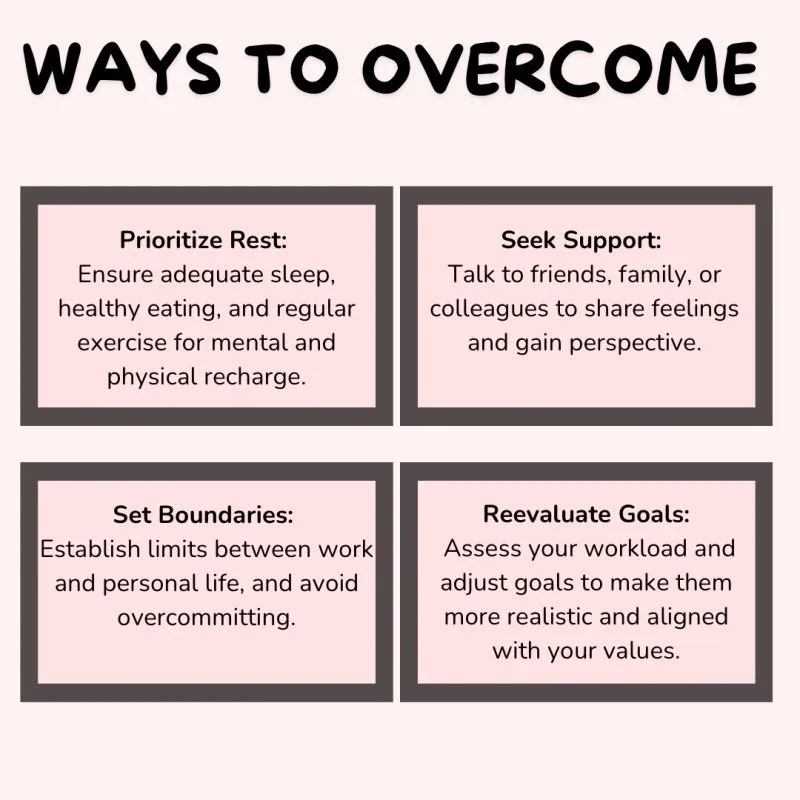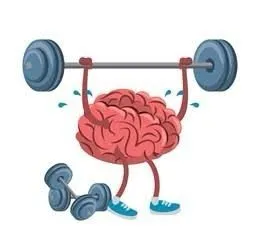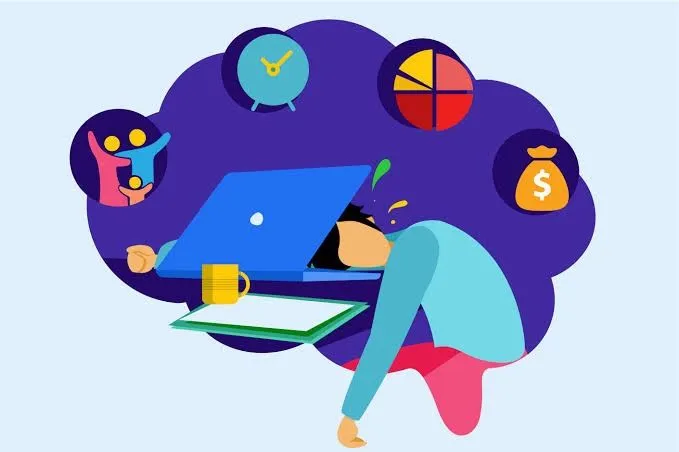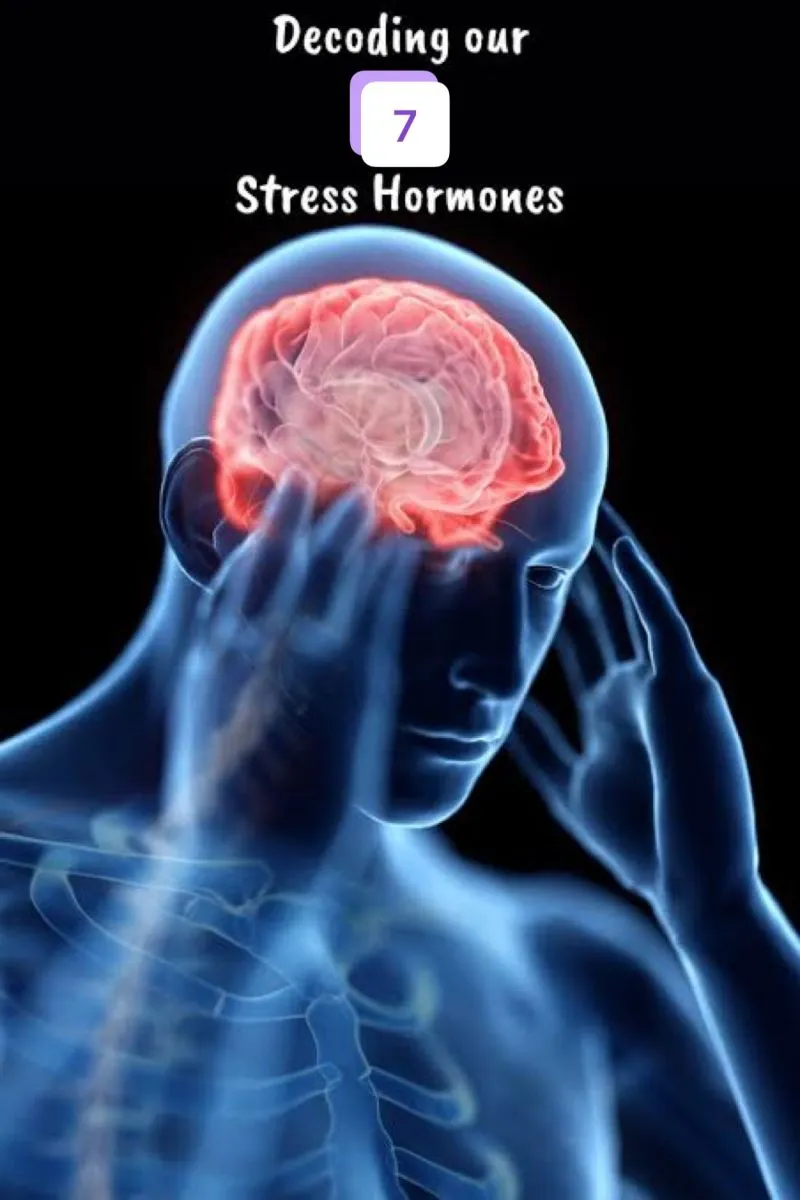Burn-out is defined by WHO as a syndrome resulting from chronic workplace stress that has not been successfully managed, characterized by energy depletion, increased mental distance from one's job, and reduced professional efficacy
Nearly 23% of employees report feeling burned out often or always, with 84% of millennials experiencing workplace burnout. Burnout isn't just being tired—it's emotional, physical, and mental exhaustion that affects every area of your life. Learn to recognize the signs and take action before it gets worse.
When Exhaustion Becomes Your New Normal: Understanding What Burnout Really Feels Like
Burnout vs. Being Tired: How to Tell the Difference
Regular Stress Has Solutions, Burnout Feels Hopeless
It's Not Just About Work Anymore
Your Body Keeps the Score
The Hidden Signs: When Burnout Doesn't Look Like Exhaustion
Emotional Detachment That Protects and Isolates
Irritability That Surprises You
The Perfectionist's Burnout Trap
The Recovery Path: What Actually Helps
Rest Isn't Just Sleep—It's Mental and Emotional Recovery
Boundaries Aren't Selfish—They're Survival
Connection That Heals, Not Drains
When Self-Care Isn't Enough: Recognizing the Need for Professional Help
You're Not Broken, You're Overloaded
Burnout recovery varies greatly depending on severity and circumstances. Mild burnout might improve in a few weeks with rest and boundary-setting, while severe burnout can take months or even a year of consistent self-care and often professional support. The key is making sustainable changes rather than just taking a vacation and returning to the same patterns.
Yes, many people recover from burnout without changing jobs, especially if they can modify their workload, set better boundaries, and address the specific factors that led to burnout. However, if your workplace is toxic or fundamentally incompatible with your wellbeing, recovery may require finding a new position or advocating for significant changes in your current role.
While burnout and depression share some symptoms like exhaustion and loss of motivation, they're different conditions. Burnout is specifically related to work stress and often improves with changes to work situation and better boundaries. Depression affects all areas of life and typically requires professional treatment. However, chronic burnout can lead to depression, so it's important to address burnout early.
You don't have to use the word 'burnout' if that feels uncomfortable. Focus on specific needs: 'I'm experiencing high stress levels and need to adjust my workload temporarily' or 'I'd like to discuss prioritizing my current projects to manage my capacity better.' If you have a supportive workplace, being honest about needing support can lead to helpful accommodations.
Yes, burnout significantly impacts physical health. Chronic stress from burnout can lead to headaches, digestive issues, frequent infections due to weakened immunity, sleep disorders, high blood pressure, and increased risk of heart disease. These physical symptoms often persist until the underlying burnout is addressed through lifestyle changes and stress management.





